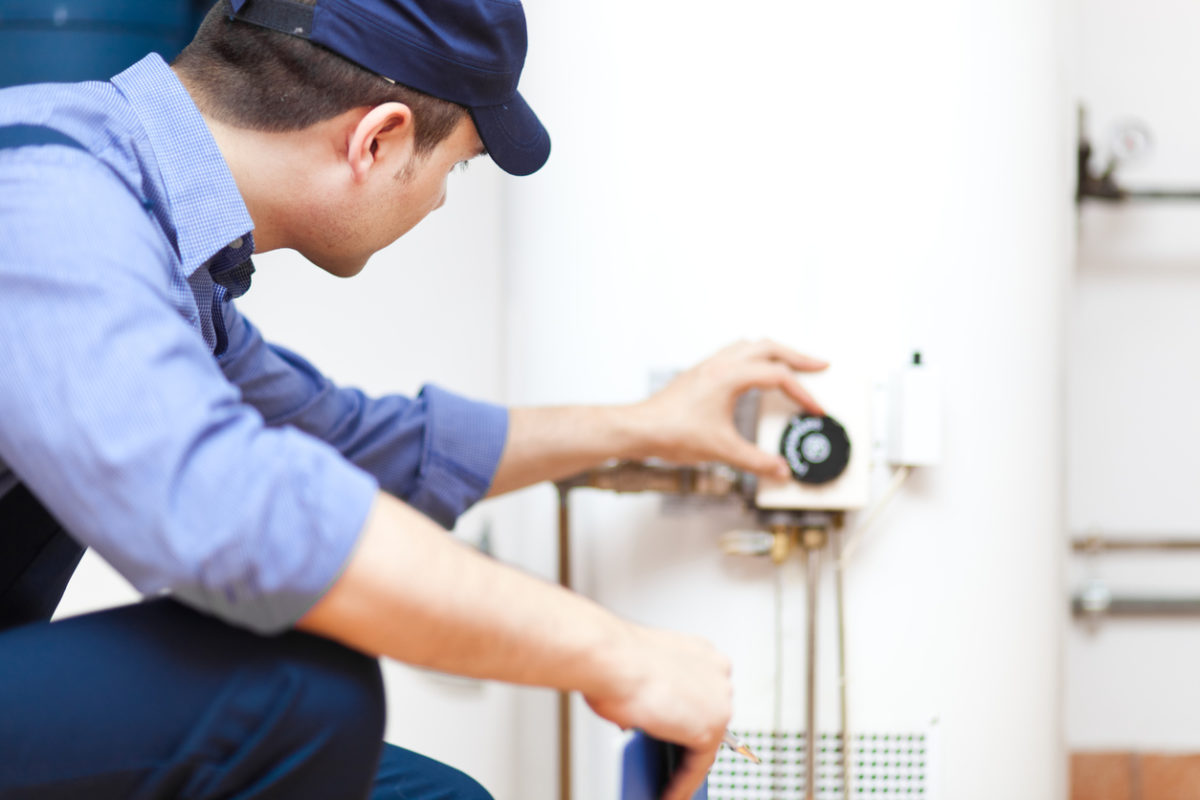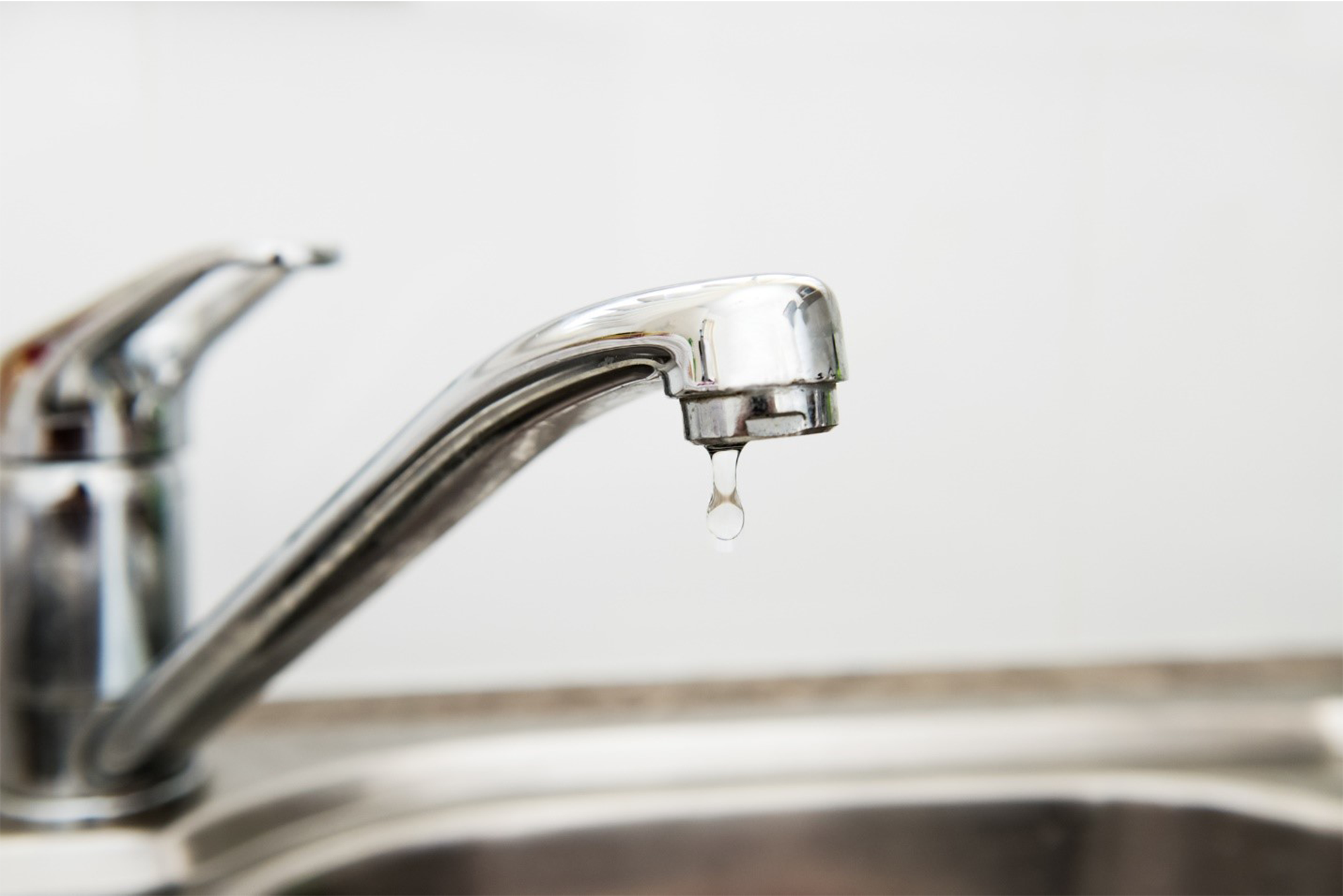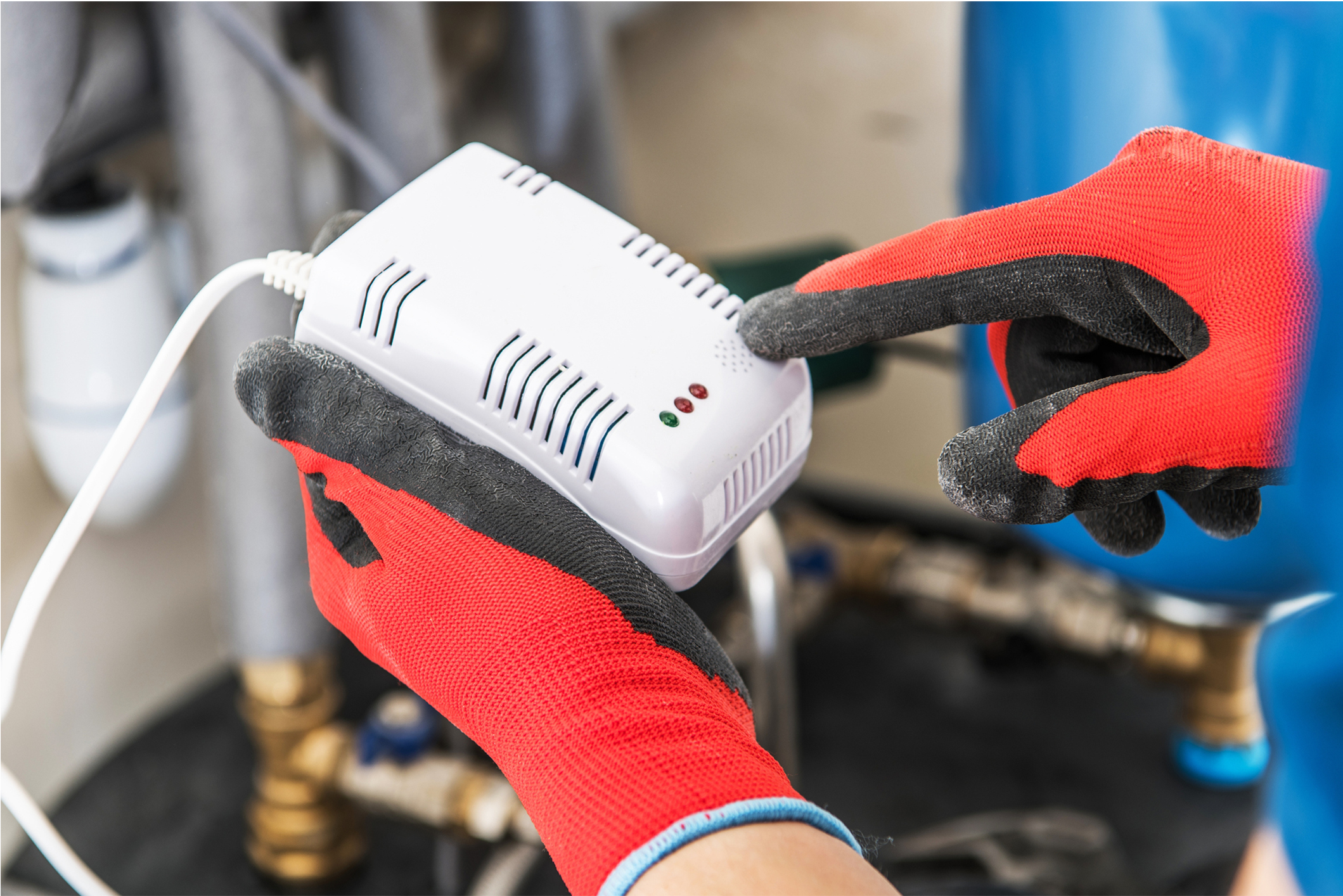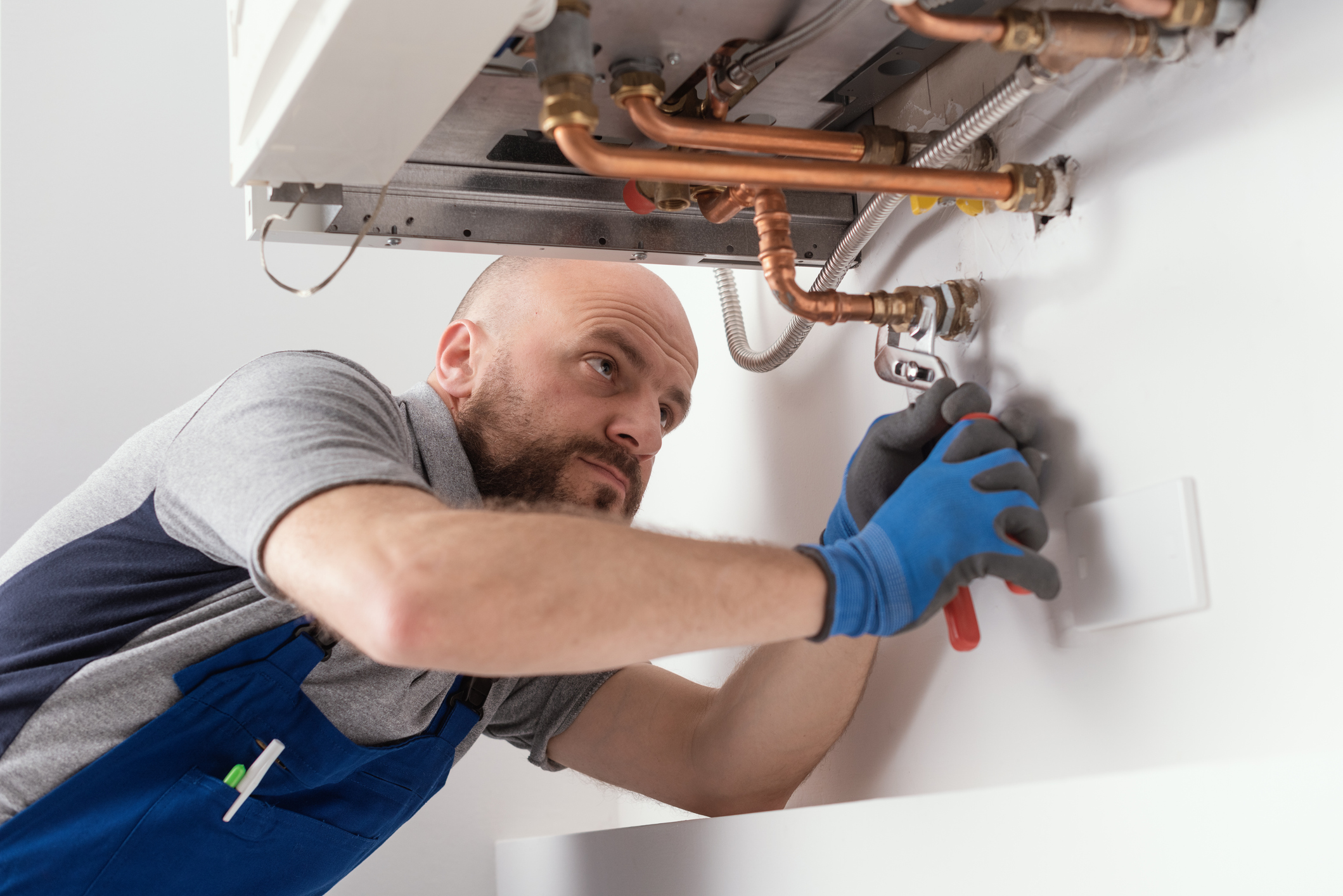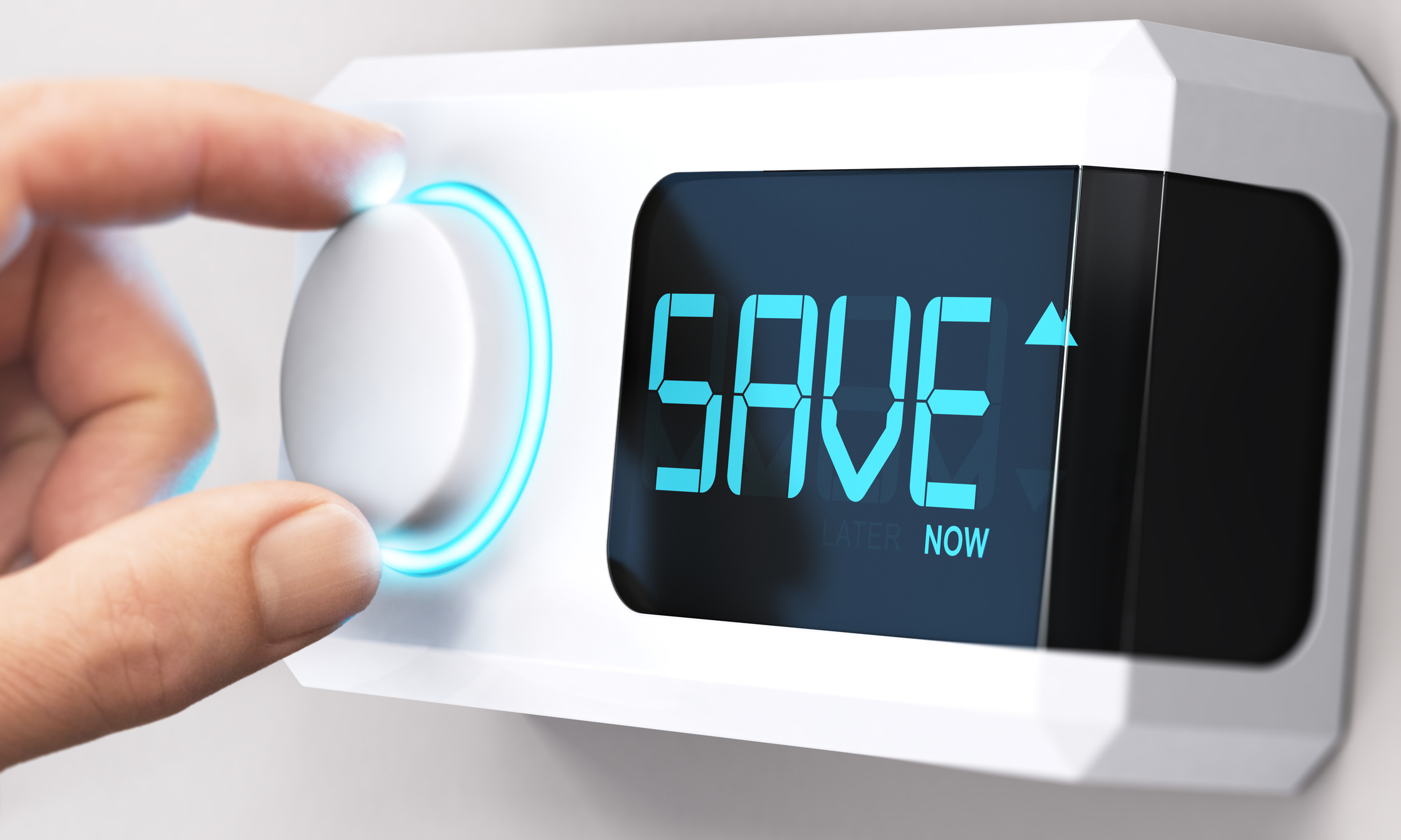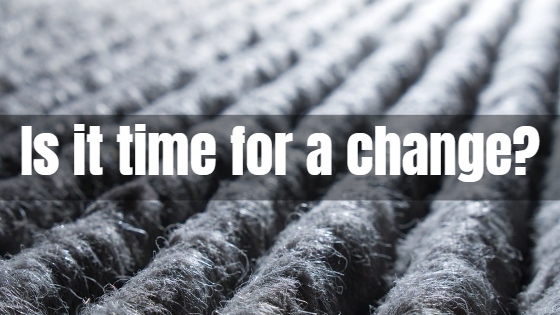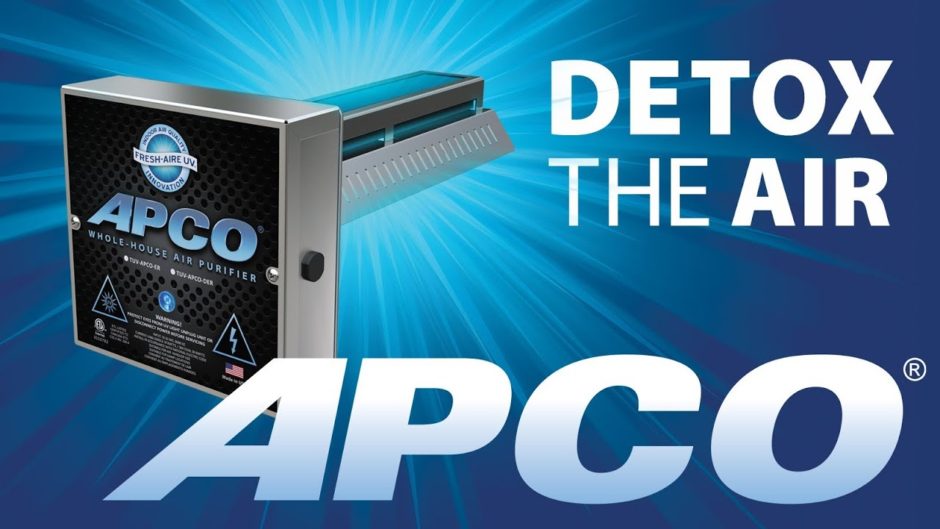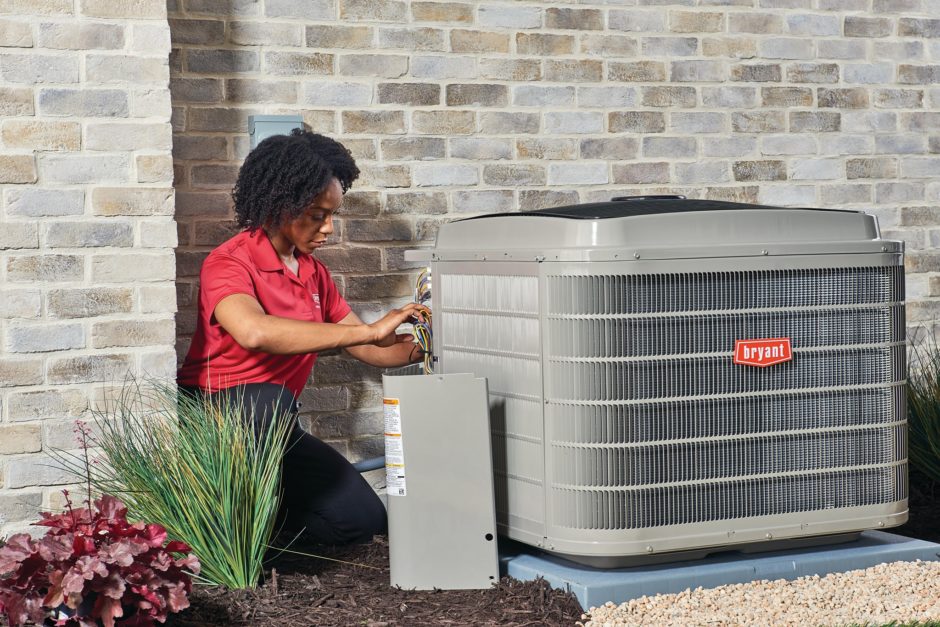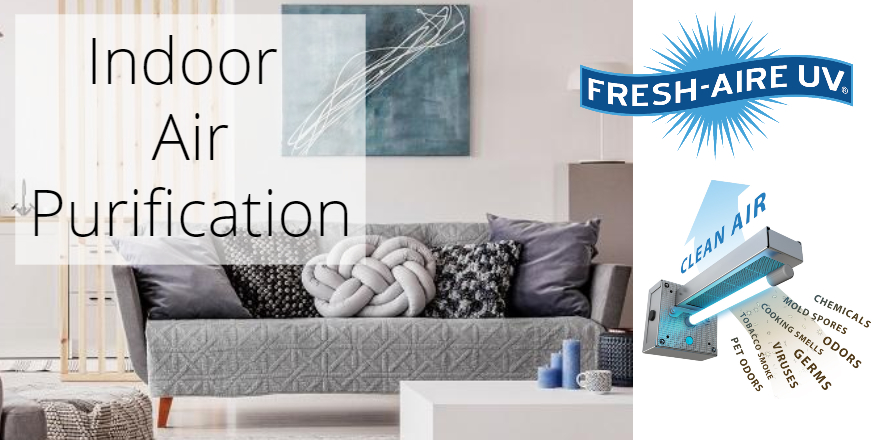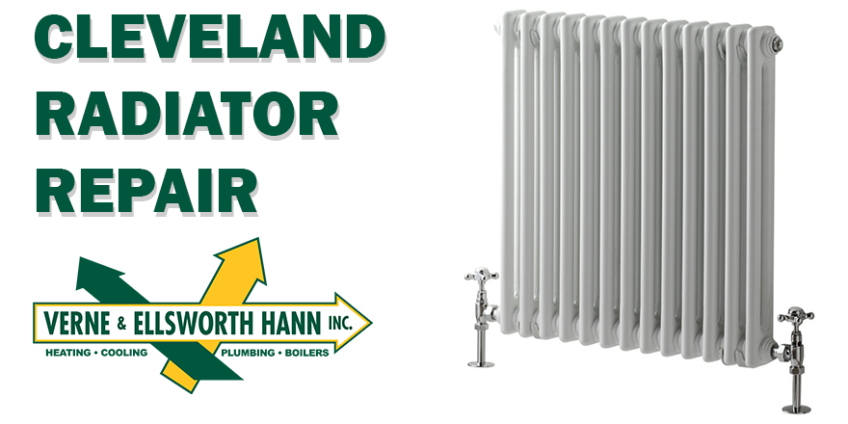Blog
Request Service

Why Choose Verne & Ellsworth Hann?
5 Generations of Hann Family Experience
- One of the oldest family-run businesses in Cleveland Heights
- Angi Super Service Award and Best of the Heights Award
- Outstanding customer service
- Committed to professionalism and integrity
- Licensed and insured technicians

